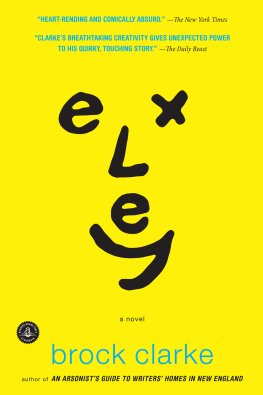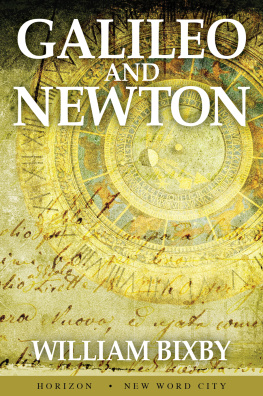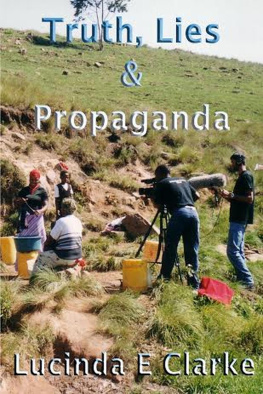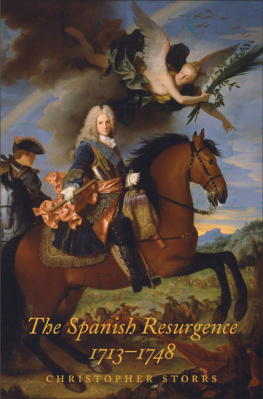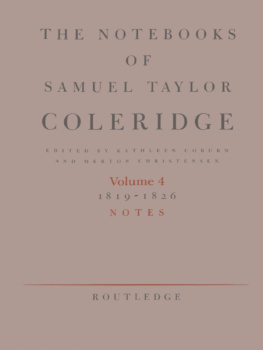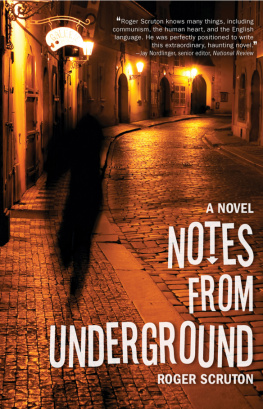Other titles of interest from Ashgate
The Honourable Roger North, 16511734:
On Life, Morality, Law and Tradition
Jamie C. Kassler
The Beginnings of the Modern Philosophy of Music in England:
Francis Norths A Philosophical Essay of Musick (1677) with comments of Isaac Newton, Roger North and in the Philosophical Transactions
Jamie C. Kassler
The Honourable Roger North Esqr.
tatis cir. 30
P. Lely pinx 1680
Geo. Virtue sculp 1740
SEEKING TRUTH
Roger Norths Notes on Newton and Correspondence with Samuel Clarke c.17041713
Jamie C. Kassler
First published 2014 by Ashgate Publishing
Published 2016 by Routledge
2 Park Squre, Milton Park, Abingdon, Oxon OX14 4RN
711 Third Avenue, New York, NY 10017, USA
Routledge is an imprint of the Taylor & Francis Group, an informa business
Copyright Jamie C. Kassler 2014
Jamie C. Kassler has asserted her right under the Copyright, Designs and Patents Act, 1988, to be identified as the editor of this work.
All rights reserved. No part of this book may be reprinted or reproduced or utilised in any form or by any electronic, mechanical, or other means, now known or hereafter invented, including photocopying and recording, or in any information storage or retrieval system, without permission in writing from the publishers.
Notice:
Product or corporate names may be trademarks or registered trademarks, and are used only for identification and explanation without intent to infringe.
British Library Cataloguing in Publication Data
A catalogue record for this book is available from the British Library.
The Library of Congress has cataloged the printed edition as follows:
Kassler, Jamie Croy.
Seeking Truth: Roger Norths Notes on Newton and Correspondence with
Samuel Clarke c.17041713 / by Jamie C. Kassler
pages cm
Includes bibliographical references and index.
1. North, Roger, 16511734 Philosophy. 2. Newton, Isaac, 16421727 Infuence. 3. North, Roger, 16511734 Correspondence. 4. Clarke, Samuel, 16751729 Correspondence. I. Title.
DA437.N87K38 2014
941.06092dc23
2014002736
ISBN 9781409449218 (hbk)
Set in Times New Roman by
Computer Music Company, Sydney, Australia.
ILLUSTRATIONS
Frontispiece The Honourable Roger North Esqr.
tatis cir. 30
P. Lely pinx 1680
Geo. Vertue sculp 1740
ABBREVIATIONS
In citing manuscripts, abbreviations are used for their repositories, the country being given first and then the library, as follows
|
|---|
Australia (A) |
Nla | National Library of Australia, Canberra, Australian Capital Territory |
United Kingdom (UK) |
Ccc | Corpus Christi College, Cambridge |
Iro | Ipswich Record Office, Ipswich |
Lbl | British Library, London |
Mch | Chethams Library, Manchester |
Nr | Private collection, Rougham, Norfolk |
Nro | Norfolk Record Office, Norwich |
Ob | Bodleian Library, Oxford |
One manuscript consists of a catalogue of books mostly from Roger Norths own library. This catalogue, which is described infra References (section 1), is cited by the following short title: RN Books (1).
With the exception of the abbreviation for the Oxford English Dictionary (OED), a number of other published works also have been assigned abbreviations for (1) the North Papers series; (2) recent editions of Norths biographical writings; and (3) books frequently cited. See infra References (section 2), where the abbreviation is given prior to the full title. Note also that all footnote citations to North himself are given as RN.
ACKNOWLEDGMENTS
Shortly after completing his edition of Norths Notes of Me and with little time left to live, Peter Millard sent me his copy of the first edition of William Whistons Historical Memoires of Samuel Clarke. This generous gift was received as a wonderful memento from a fellow labourer in the field of North studies; but I did not then understand why he chose a topic so far removed from my scholarly interests at that time. On hindsight, however, I now believe that this was his way of planting a seed that lay dormant for some years until it began to germinate and then, in the following study, to bear fruit. I hope he would have been pleased.
Mordechai Feingold not only agreed to read a draft of the study, but also provided valuable information, comments and continuing encouragement when it seemed completion of the final version would not be possible. Alan E. Shapiro and John Gascoigne also read and commented on some parts of the study relating to their particular areas of expertise. In addition, David Fairservice translated Norths (sometimes faulty) Latin phrases; Douglas Leedy provided information about the meaning and source of one of Norths Greek terms; Graham Pont transcribed one of Norths letters in the British Library; and Mary Chan supplied details regarding a manuscript of Norths still in private hands.
Jane Muskett, archivist of Chethams Library, not only expedited my request for copies of Clarkes letters (discovered only after had been drafted), but also granted permission to reproduce as Figure 1 the scheme in one of his letters. As in the past, my husband, Michael, though busy with his own projects, assisted in solving computer-related problems, including those that arise from producing camera-ready copy; but he retained his wonderful sense of humour even when more recent events necessitated his taking on increased household responsibilities. I am grateful also to Rachel Lynch, who has been my editor over the last decade, and her colleagues, Kirsten Weissenberg, who looked after the books production, and Jenny Hayes, who copy-edited its text. Each of them has ensured that the final process has been mostly trouble free.
Northbridge, N.S.W.
February 2014
SOME PRELIMINARIES
OUTLINE OF THE NARRATIVE
The story told in this book dates from the early 1690s, when Roger North was preparing to remove from London to Rougham, Norfolk. Although he had a number of reasons for this move, he may not have fully grasped how country living would deprive him of a milieu that could share his intellectual interests.
From these hints it may be inferred that he was referring to country pastimes then practised, such as those briefly described by another Norfolk resident, Nicholas Le Strange, fourth baronet. he stated:
I think necessary here to observe that though wee alwayes kept up a fayr correspondence, and made and returned visitts as our neighbours did, we still avoyded goeing into the method used by them of supping at the same places they dined, which with cards after among the ladys and a glass of wine for the gentlemen, usually prolonged the visitts till one or two, sometimes till four or five in the morning. Which custom being attended with so great irregularityes and inconveniences both to the family that entertained, as well as that which must avayle and expect the returne of their master and lady home, we could not comply with; and so it fell off in our mutuall visitts, and by degrees among the neighborhood also.


